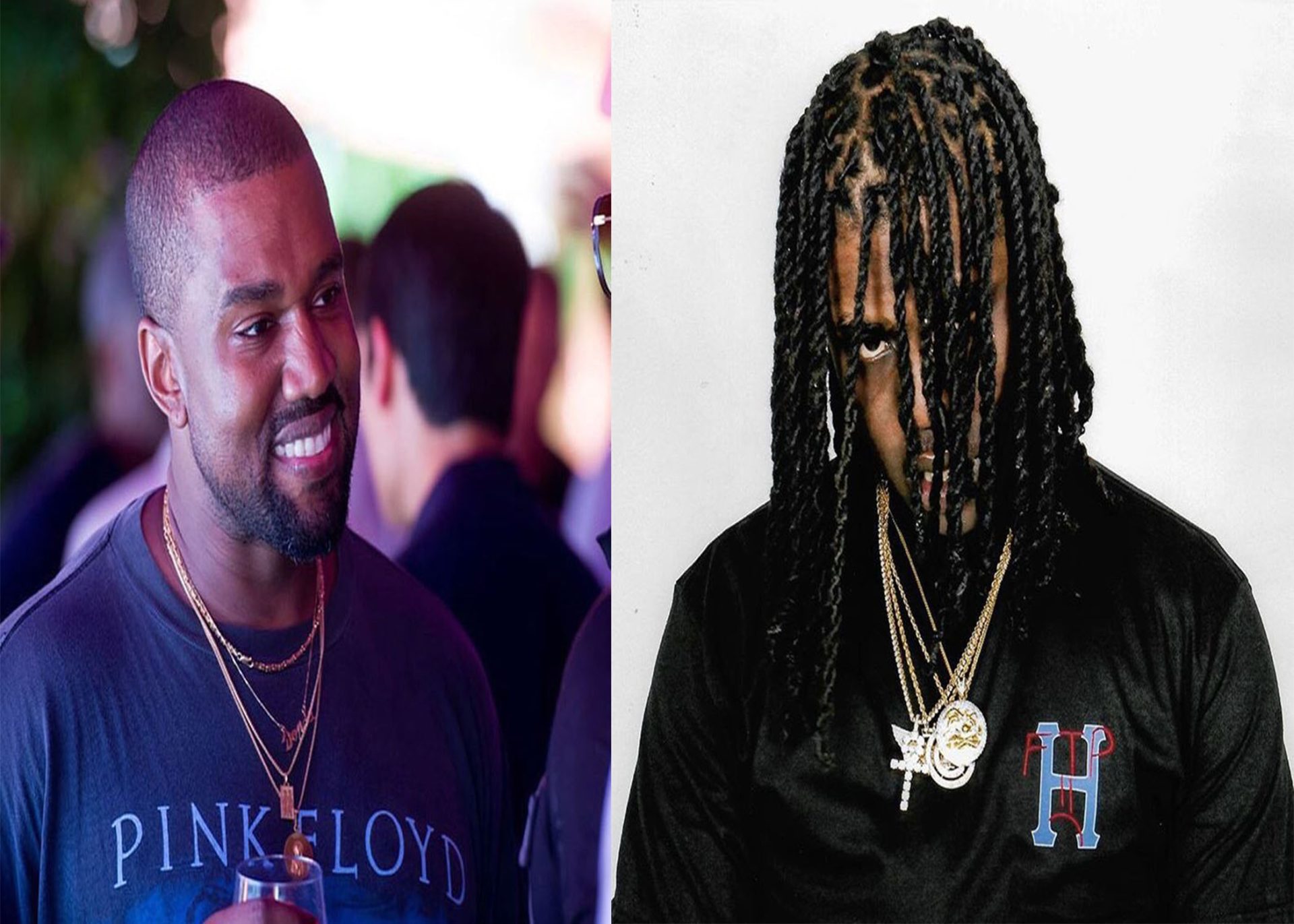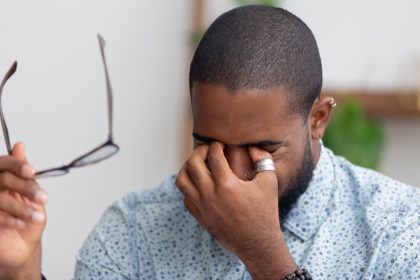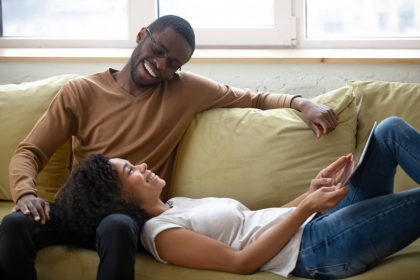
Philadelphia is a breeding ground for a musical talent, having spawned the illustrious careers of everyone from the late greats; Pearl Bailey, Solomon Burke and John Coltrane to R&B titans; Frankie Beverly, The Stylistics, Blue Magic, Boyz II Men, Hall & Oates and Patti LaBelle, as well as hip-hop vets; Schoolly D, Steady B, Three Times Dope and The Roots, in addition to production geniuses; Gamble & Huff, McFadden & Whitehead (RIP) and DJ Jazzy Jeff, among others. The latest to emerge from the the fifth-largest city in the United States is a hungry new upstart emcee who goes by the name of Dayne Jordan.
When did you first become interested in music?
Initially, I was only exposed to what my older sisters were listening to. I can honestly say that they were responsible for why I started paying attention to it. I am the youngest out of the three us, so when my sister, second from the oldest, began to write raps for herself she did one for me, too. Around this time, she was playing Ma$e Harlem World a lot, and after hearing how cohesive it was I became hooked. From that point on, I was addicted (to) the the culture of not only Hip Hop, but music. I was only about 6 years old at the time.
Growing up in the City of Brotherly Love, who did you consider to be your strongest musical influences?
Truth. Early on, me and one of my closest friends looked up to the “young gunz” and all of the underground rappers that we’re buzzing at the time locally and around the tri-state. I didn’t have a lot of knowledge in terms of how much Philadelphia contributed to music as a whole. I didn’t get that until later on down the line. I’m kind of pissed that I wasn’t exposed to all of the legends from Philadelphia that made a mark on music a little younger.
At what point in time, specifically, did you opt to pursue music on a professional level?
I started taking music more seriously when I turned 17, 18.

How do you classify your overall sound and style?
I don’t. If I had to describe it in one word though, I would say eclectic. My creative output depends on where I am at the time, what I am inspired by, mood, etcetera.
Initially, you recorded under the moniker Dosage, but have since decided to drop that altogether and use your government name — why?
Several reasons. In short, it’s who I was born to be. When I walk into a room I am a representation of self and not a moniker. It sounds better, too! I was in a Foot Locker the other day in Manchester, United Kingdom, and saw a Blake Griffin advertisement that read “I’m not Michael, I am Jordan.” That confirmed it.
What particular string of events led to your linking up with, first, Lupe Fiasco, and eventually Jazzy Jeff?
The interesting thing is that I met them one week apart. At the time, a friend of mine who was guiding me was also connecting me with the right people. He would make phone calls to get me in the room with anyone that he could. Lu happened to be first. I had went to a show that he did in Philly at a venue called the Electric Factory. When his set was finished, I was rushed backstage to rap. Me being me, I didn’t. I just told him that I was a fan. I think that he felt that it was coming from a genuine place and we just exchanged information. From that point on, whenever he would come to Philly for a show or to do press, he would invite me out. That then led to him giving me multiple opportunities to open up for him and later tour. When I met Jeff, via Charlie Mack, we had an amazing conversation the first time that I linked up with him, but nothing came into fruition until a few years later. I’ve learned that timing is everything.
How much input does Jeff have when it comes to the overall hands-on experience with you and your music?
Most of his input comes from him sharing stories about artists that he’s worked with in the past. I’ll take what he is saying and apply the things that compliment my craft. He can be extremely hands on, but during the writing process he gives me my space. We don’t really have a creative formula. We do what works best at the time.
And, has Mr. Townes given you any helpful advice, since he has been in the music business for nearly three decades now?
Every day. All day. I am always asking him questions. He knows the game very very well!

This past summer you all unleashed — for free — Memoirs of Dayne Jordan. Conceptually, what prompted you to title the record this?
After playing most of the songs back before the album was completed, most if not all of the songs took on the tone of a memoir. It was almost inevitable.
How does this album either differ or compare to your previous efforts?
It goes a little deeper into my personal life and how everything started off for me. It’s wild to me to know that the album could have answered most of the questions that were presented in this interview. That’s something to be proud of.
What do you feel you bring to the music industry that we don’t already have in other performers?
To intentionally be cliche, there is only one Dayne Jordan. I’m not necessarily studying the game to see what void isn’t being filled, but I have my own thoughts and perspective on things that I know someone somewhere in the world will connect to.
Have you encountered any problems in getting to this point in your career?
Life. That’s about it!

What do you want people to get from your music?
I want to inspire people. Above all, I want to trigger the emotions that we often keep to ourselves and speak for those who can’t articulate how they feel. I want my music to be someone’s breakfast, lunch and dinner. That was corny, but I meant it.
If you could collaborate with any one artist, living or dead, who would it be and why?
That’s tricky. David Bowie would be one. I respect artists who’s creativity has no ceiling. I would like for Gamble & Huff to produce an album for me. It’s going to happen. I just spoke it into existence.
If you could play any venue in the world, which one would you choose and why?
All of them! I love to perform live most. This is extremely hard to answer, but if I could, I would tour forever.
One track of yours that you think defines you and why?
I covered Common and No I.D.’s song “Blue Sky.” It was only a verse, but the level of passion that I have for music and what it is that I do was fully expressed in that. It’s on YouTube. I think that it is worth a listen.
In terms of longevity, what do you feel it is that will continue to sustain you in this grueling industry?
To remain who I am. To stay focused and continue to learn more about the craft. To be one with the people that respect and admire my art. Most importantly, stay connected with the creator.
Do you have any other outside or additional future aspirations, maybe even completely away from music?
Quite a few. I believe that music will lead me down some of those paths, too. I am well aware of the leverage that music can give a person when the world connects with it. It can only help to open the doors to other fields.

To date, what has been your biggest career moment, at least thus far anyway?
Having my son. He changed my life, which changed my career. He inspired Memoirs of Dayne Jordan more than my own life. I’ll think about that kid while I’m on a stage in front of 20,000 people. He’s great!
Looking ahead, say five or maybe even 10 years from now, where do you see yourself?
Traveling and touring the world with my son without a care in the world. That’s what I would call legendary. I want to be a better father and expose him to some of the things that changed my perspective on life and what is actually possible.
As for the immediate, what’s next for Dayne Jordan?
Making more music. Perfecting my craft. Releasing more music. Touring. Getting better with packing for tours. Building a solid fan base.













